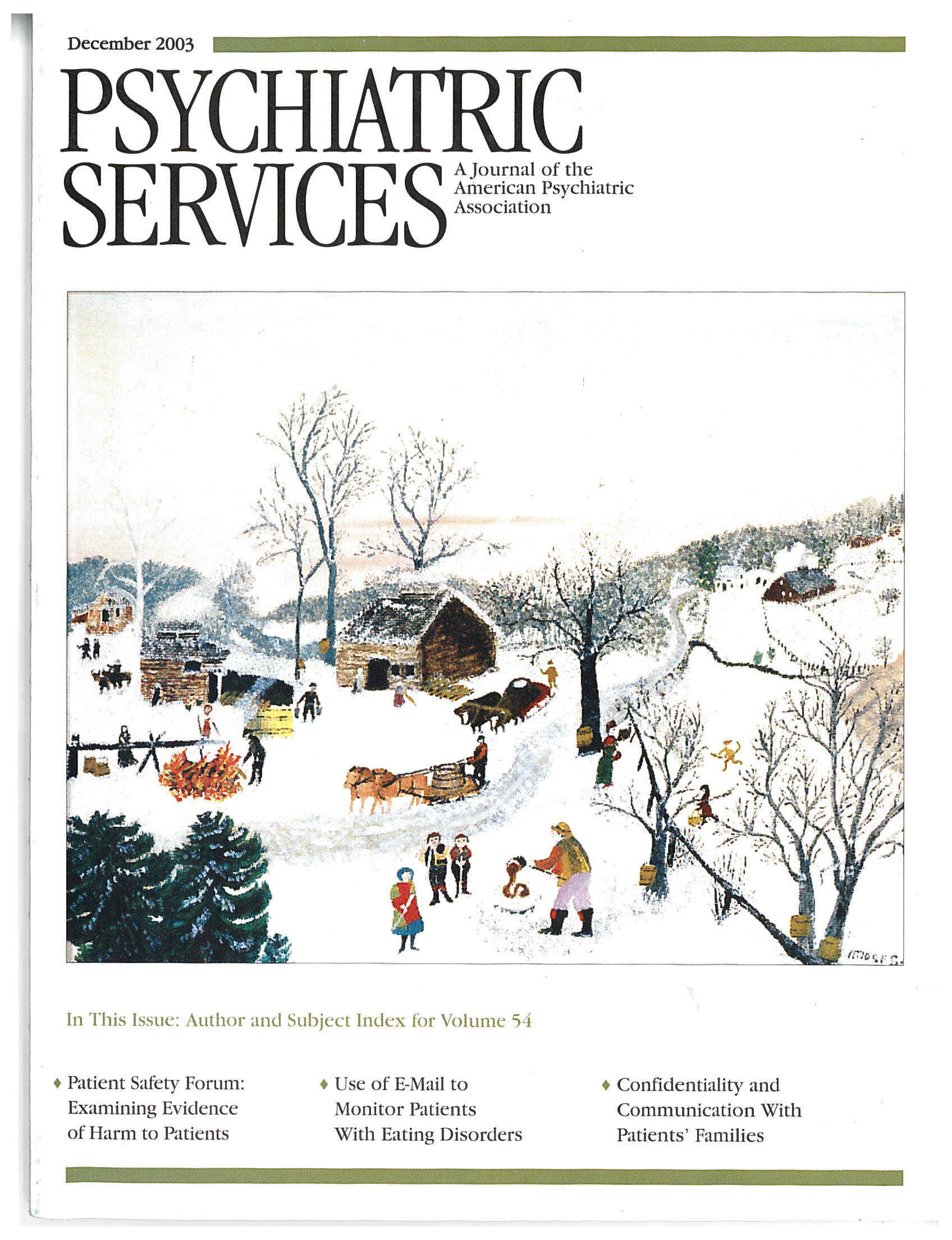Professionals' Responsibilities in Releasing Information to Families of Adults With Mental Illness
Abstract
OBJECTIVE: Statutes, ethical standards, and local confidentiality guidelines have been developed to guide providers' decisions about releasing information from mental health records. However, confidentiality policies often do not specifically discuss the release of confidential information to the families of persons with mental illness. This study examined how providers and family members interpret and implement confidentiality policies about the release of information to families. METHODS: Self-administered surveys were completed by 59 providers from outpatient, partial hospitalization, and case management programs in Pennsylvania. In-depth interviews were also conducted with a subsample of eight providers. In addition, 68 families of persons with mental illness receiving services from these providers completed self-administered surveys. RESULTS: Ninety-five percent of the providers interpreted confidentiality policies conservatively, believing that they could not share confidential information without the consent of the client, However, 54 percent were confused about the types of information that are confidential. Implementation of confidentiality policies varied among the providers. Regression analysis indicated that providers' perceptions of confidentiality as a barrier to collaboration were significantly associated with their attitudes toward collaboration between the providers, consumers, and family members. Few families understood the requirements of confidentiality policies or the types of information that are confidential. CONCLUSIONS: Confidentiality policies may be posing a barrier to collaboration between providers, consumers, and family members, which has been recommended by various experts for the treatment of mental illness. Clear guidelines for the release of confidential information to families are needed.



